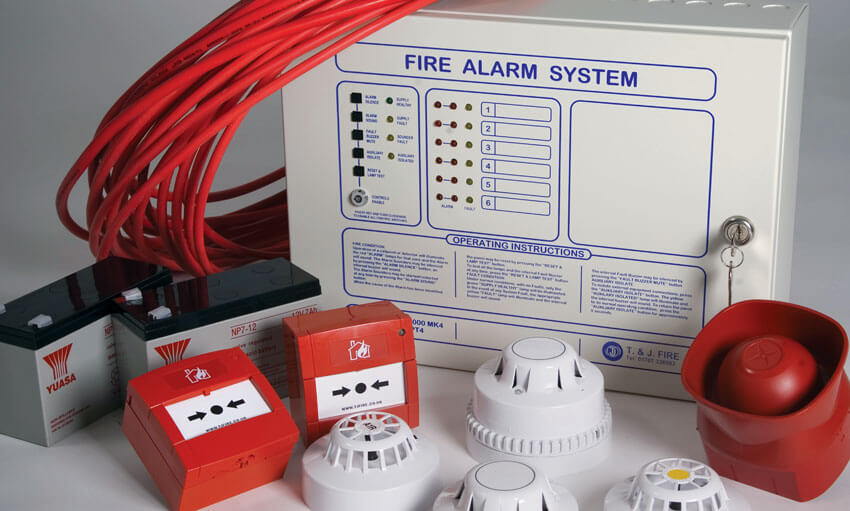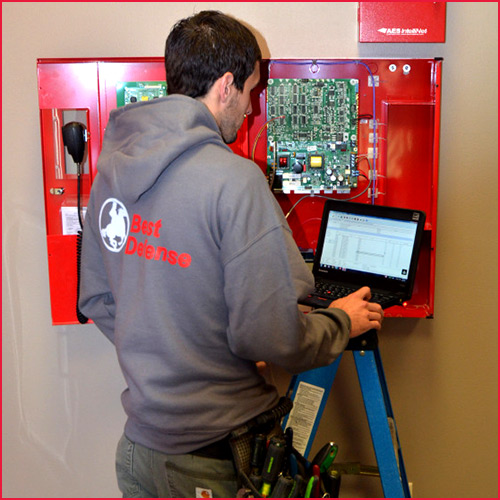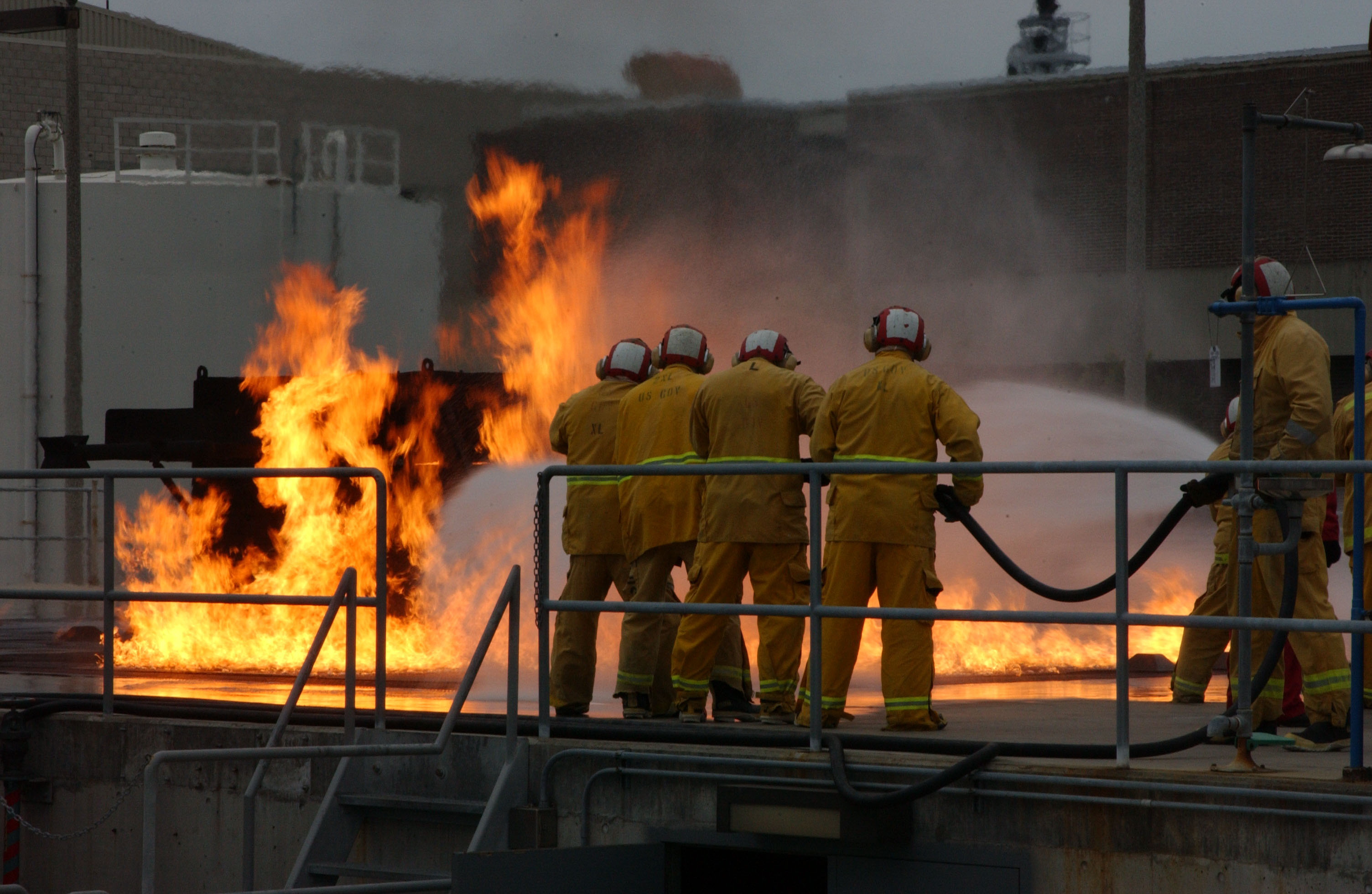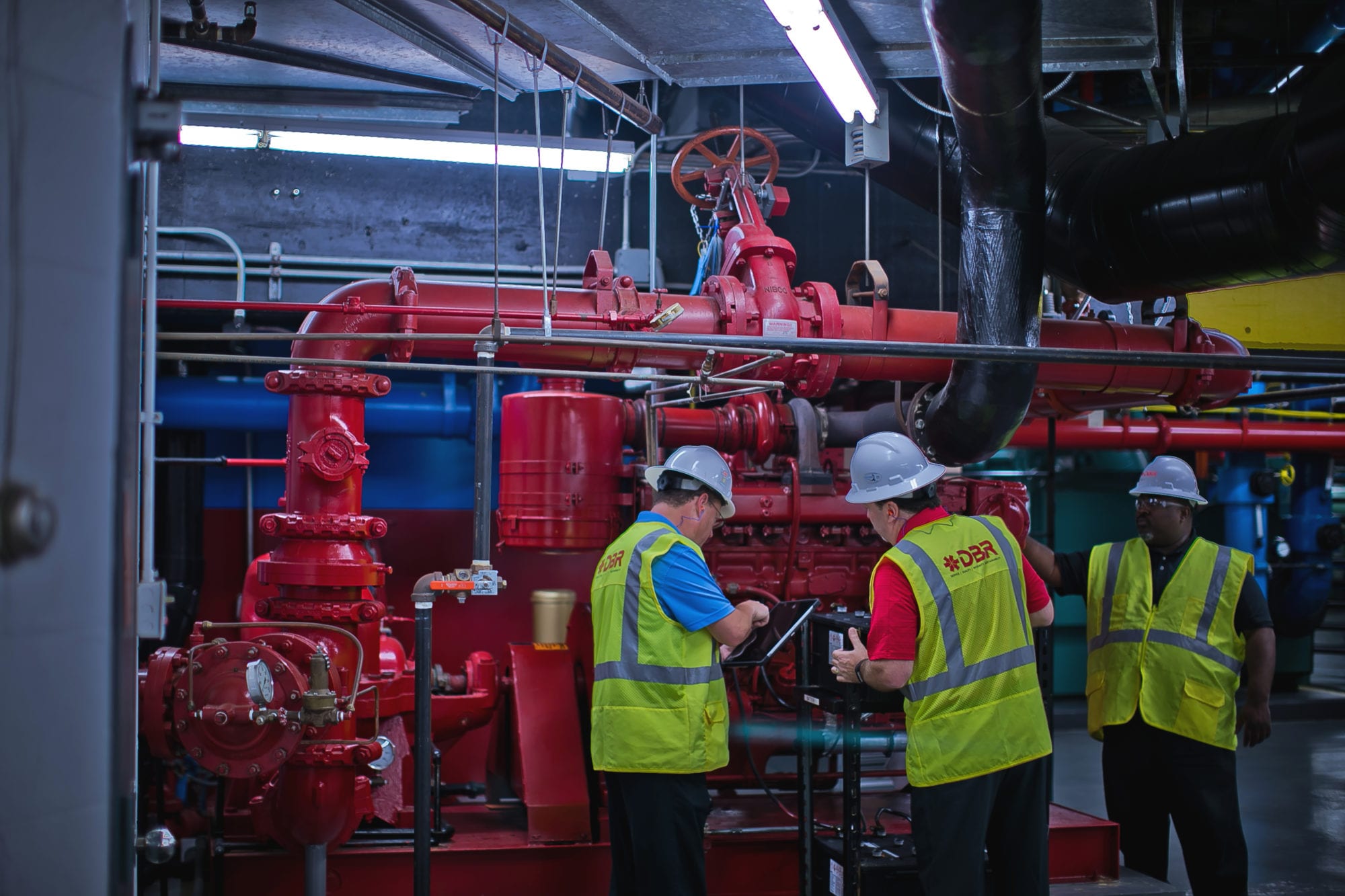

This course is designed to provide the participant with the due knowledge and skills that enable them to build up and effectively manage fire alarm and detection systems based on NFPA 72
At the conclusion of this course, the participants will:
This interactive Training will be highly interactive, with opportunities to advance your opinions and ideas and will include;
DAY ONE
DAY TWO
DAY THREE
DAY FOUR
DAY FIVEE
CDGA attendance certificate will be issued to all attendees completing minimum of 80% of the total course duration.
| Code | Date | Venue | Fees | Register |
|---|---|---|---|---|
| HSE175-02 | 10-05-2026 | Muscat | USD 5450 | |
| HSE175-03 | 30-08-2026 | Dubai | USD 5450 | |
| HSE175-04 | 06-12-2026 | Riyadh | USD 5450 |

With over 4 million CCTV cameras installed in the United Kingdom alone, the special skills of CCTV repair and maintenance technicians have never been in greater demand. This CCTV repair and maintenanc ...

This course is designed to help participants identify the principles created by NFPA standards concerning fire, Safety Protection, and Loss Prevention

Introduction: Do you as a manager fully know what security measures and emergency planning processes you have in place? In a management or supervisory role you need to convince your clients, colleagu ...

The National Fire Protection Association (NFPA), celebrating its 100th anniversary, has led the way to fire safety since 1896. The mission of the international nonprofit organization is to reduce the ...
Providing services with a high quality that are satisfying the requirements
Appling the specifications and legalizations to ensure the quality of service.
Best utilization of resources for continually improving the business activities.
CDGA keen to selects highly technical instructors based on professional field experience
Since CDGA was established, it considered a training partner for world class oil & gas institution
3012, Block 3, 30 Euro Business Park, Little Island, Co. Cork, T45 V220, Ireland
Mon to Fri 09:00 AM to 06:00 PM
Contact Us anytime!
Request Info